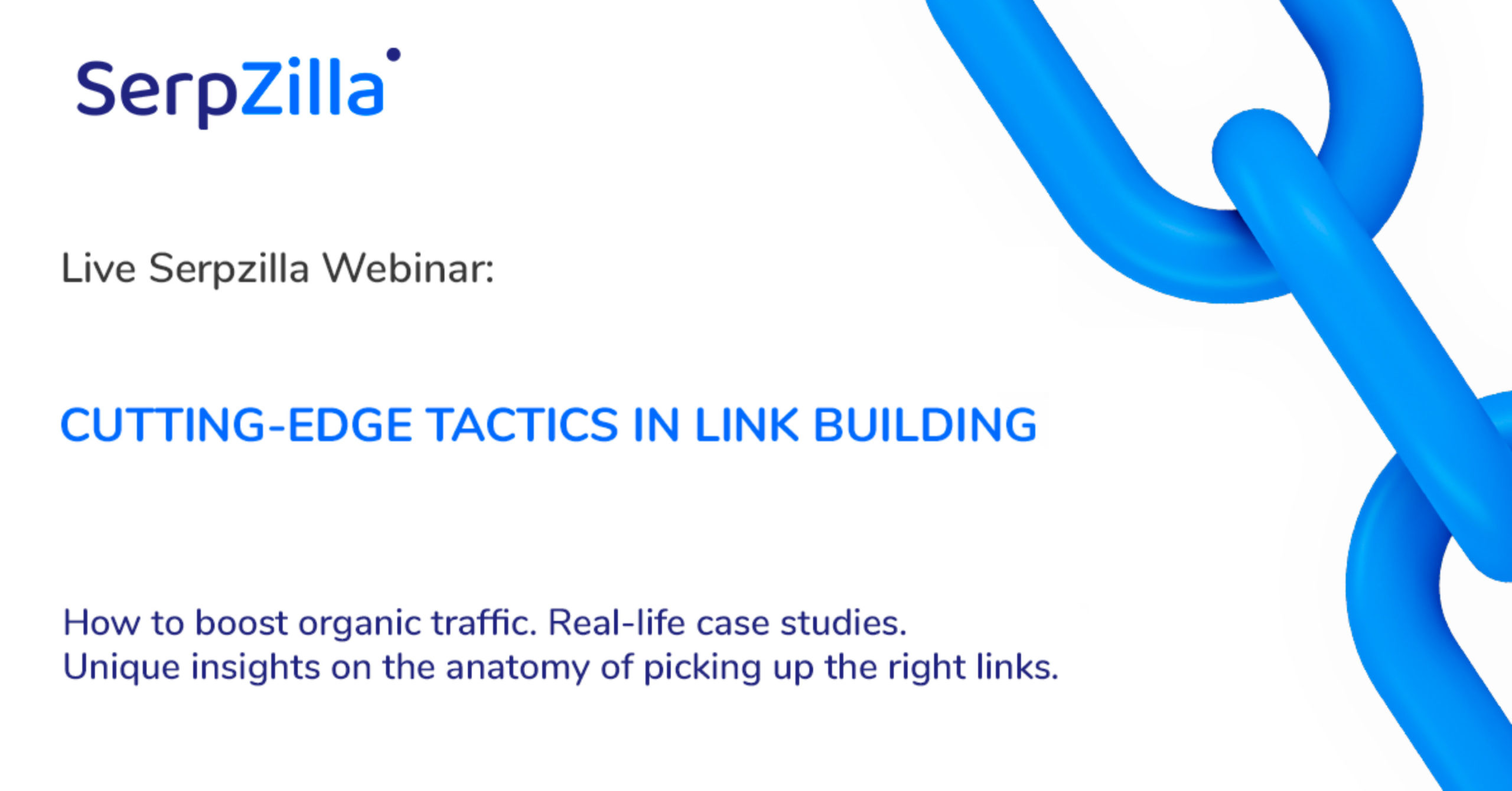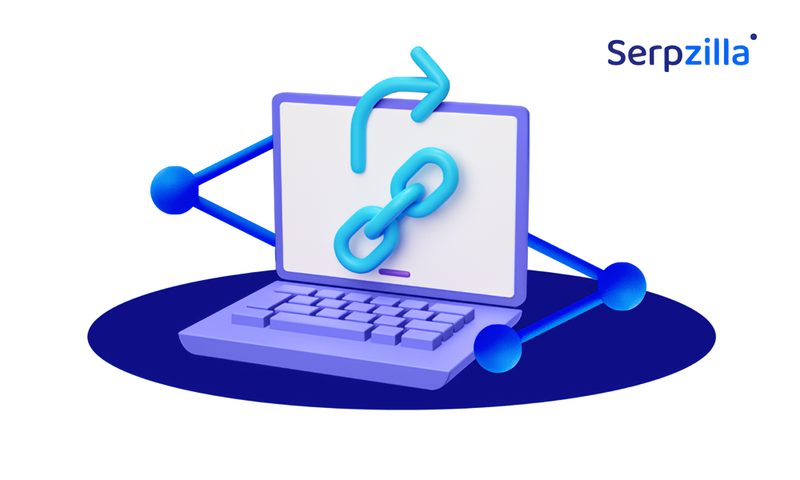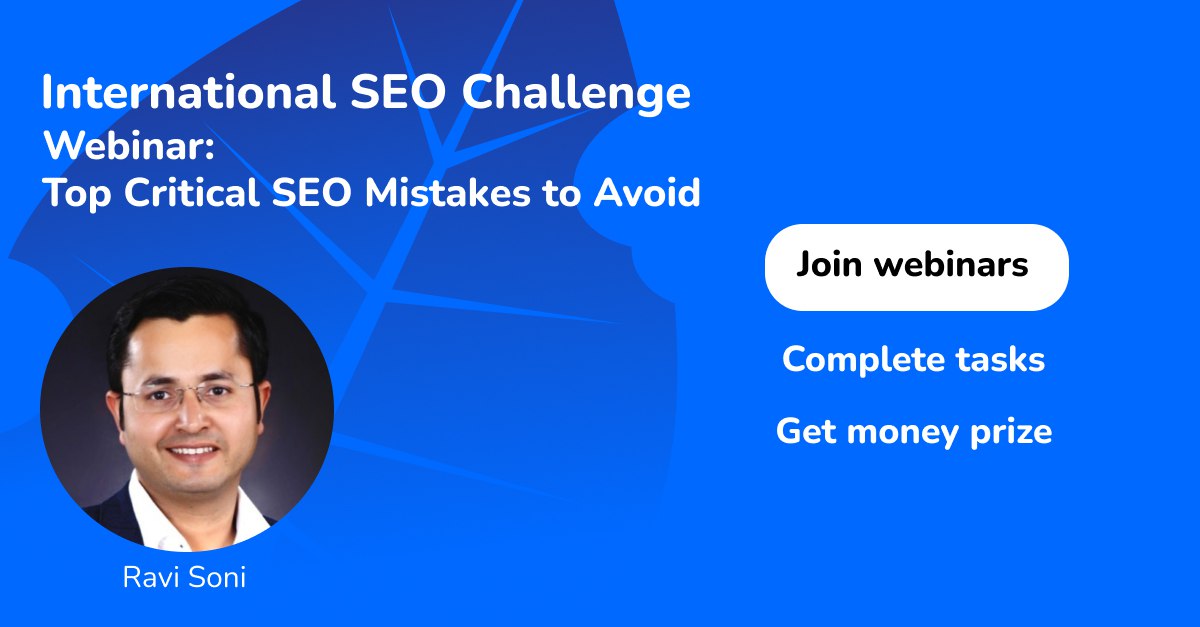Introduction
After building dozens of websites and generating millions of organic visitors through SEO, there’s one thing I know to be true: link building is a must.
New to SEO and curious about link building? That’s OK – it can be a scary subject. But spoiler alert, it’s not that daunting. Once you understand the nuances and how it works, you’ll be surprised by just how doable it is for your website.
In this article, I’ll walk through the ins and outs of link building, covering the basic strategies (and some advanced ones) so you can focus on the long-term vision for your SEO.
Who am I?
I’m Steven Schneider, co-founder and CEO of TrioSEO, a content agency specializing in creating high-intent blogs for brands. Before TrioSEO, I co-owned a portfolio of 40 websites and published roughly 400 monthly articles. Needless to say, I’ve put in my “10,000 hours” of SEO.
Let’s get going.
TL;DR – Best Link-Building Strategies
Before we get too far, here’s a quick overview of things:
- Backlinks are a game of quality, not quantity. Of course, you want a lot of strong links pointing to your website but don’t jeopardize quality just for the sake of building links.
- There are many ways to build links, but some of the most common strategies include guest blogging, influencer outreach, and broken link building.
- Never cut corners when link-building. Taking the past of least resistance might be tempting, but fight temptation. Stick to white hat strategies and play it by the book.

What is Link-Building in SEO?
Link building in SEO occurs when one website links to another. When you build backlinks, you try to acquire as many links (that point to your site) as possible.
Why is this important?
Search engines, like Google, use backlinks as a vote of confidence to signal trust. It shows trust if someone is willing to link to your website from theirs. Over time, building more links helps build your credibility and authority – more links equal more trust, which results in better rankings.
Here’s another way to think about it – a new website doesn’t have a lot of trust or credibility, but a website like the New York Times or Forbes carries a lot of authority. Thus, those sites that publish content will rank better than one launched yesterday.
Do-follow vs. No-follow Links
The difference between a do-follow and a no-follow link is pretty simple:
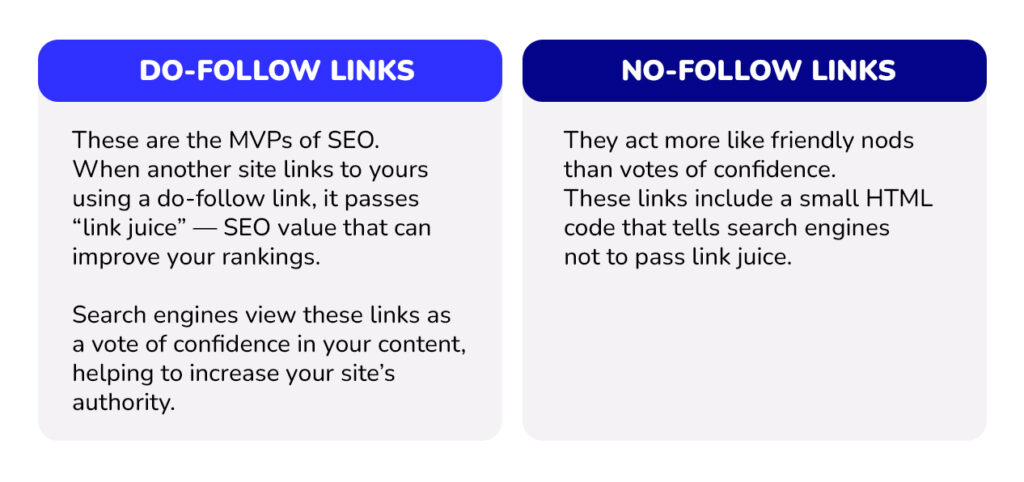
It’s worth noting that having a balanced link profile of do-follow and no-follow links is essential. Of course, do-follow links are more heavily sought, but no-follow links are still valuable for social signals (e.g., social media) and brand building.
Why is Link-Building Important?
So why should you care about link-building?
Well, here’s the deal:
- Increased Authority and Trust: Ranking a website without authority is like running a race uphill against a headwind—it’s doable but tough.
- Increased Organic Traffic: With more authority comes better rankings (and more traffic). Since each keyword has varied difficulty, sites with more authority can target more competitive topics, and those keywords typically have more traffic, too.
Link-building isn’t just about getting links; it’s about getting the correct links.
Benefits of a Strong Link-Building Strategy
When done correctly, there are some pretty key benefits of link building, such as:
- Improved Rankings: As mentioned above, quality backlinks can lead to incredible rankings. As you acquire links, your website will rank for various keywords and drive a substantial amount of traffic.
- More Brand Awareness: Depending on where you get backlinks, this could mean you are gaining additional brand awareness from the relationship. For example, if a well-known website mentions you in a top article, many will come to know your brand.
- Sustainable SEO: Since SEO is a long game of delayed gratification, it’s essential to think long-term about your link profile. As you build links and authority over time, you’ll set yourself up for success. Don’t cut corners here—play it smart.
In short, link building has several benefits, all of which are imperative to your long-term SEO strategy.
10 Types of Link-Building Strategies Explained
Building high-quality backlinks is your pass to better rankings and increased website authority. But it’s not just about stuffing your site with links. It’s about getting strategic, earning backlinks that actually matter, and building relationships along the way.
Let’s walk through some tried and true link-building techniques to help you up your game.
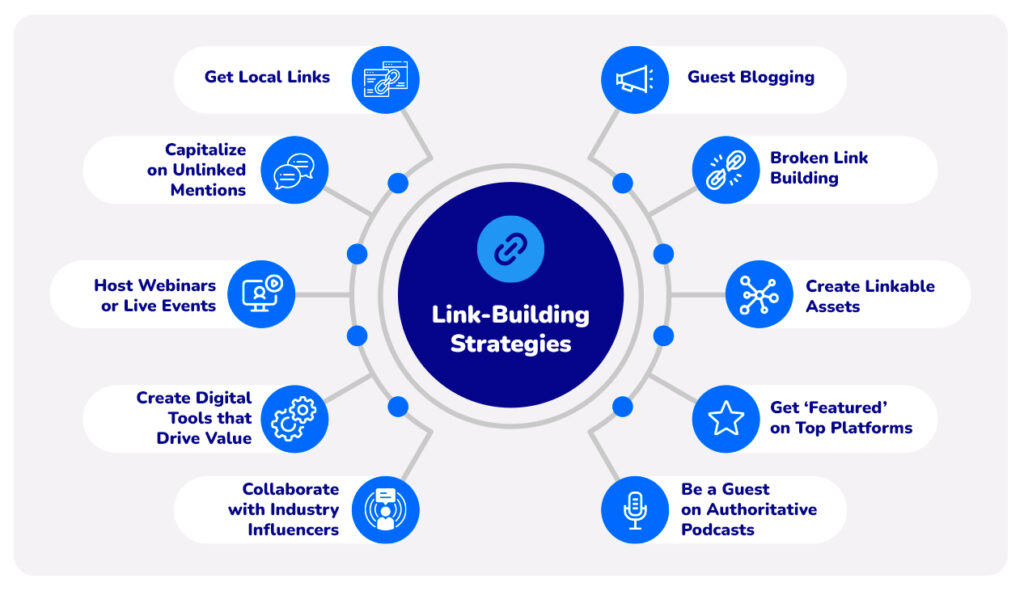
1. Guest Blogging
Guest blogging, or “guest posting,” is one of the most well-known link-building strategies.
How is this done?
Say I am trying to secure a backlink from a website, so I reach out to their marketing manager and ask if I can contribute an article to their blog. Once the blog is published, I’ll mention my website in my bio or place an additional link somewhere in the body of the article.
Guest blogging might feel saturated, but it still has a time and place when done correctly. The key is to reach out to industry professionals and allies in your space where it makes sense to get a link. Don’t do a guest post just for the sake of the link—ensure it’s relevant to your brand and that the site has decent authority.
To do it right, create a list of reputable blogs in your niche, research their style, and pitch unique, valuable content ideas. The goal is to write something worthwhile for the audience and the site (as a business) to bring engagement.
2. Broken Link Building
Another old-school strategy that still has potential is broken link building.
Broken link building is when you research and identify broken links on someone’s website they might not be aware of, then reach out and let them know. However, when you message them, you’ll want to suggest replacing the link with yours.
Pro tip: It’s important to build broken links only if you have relevant content to replace them. Otherwise, it wouldn’t make sense to put in all that effort.
You’re helping the site owner by pointing out broken links and subtly recommending your content as the fix. This has a two-way benefit: Their site gets polished, and you score a backlink.
Tools like Ahrefs, SEMrush, or the Chrome extension “Check My Links” can help spot these broken links.
3. Create Linkable Assets
Some people hear the word “linkable asset” and glaze over, but don’t worry- there are various ways to build links here. Some of the best “assets” include calculators, infographics, research reports, and quizzes.
How does this work in practice?
Create a quiz or calculator, then research other sites that might benefit from including those in their content. From there, craft a pitch and ask them to link back to your asset- that way, their audience benefits from it, and your site does too.
4. Get ‘Featured’ on Top Platforms
Want to see your website’s name on high-authority platforms like Forbes or Business Insider? It’s sorta tricky without a website like Featured.
Featured.com is a platform that connects you with journalists and media outlets. Simply respond to various questions, and if your answer is selected, your quote will be published in the upcoming article.
This might seem too good to be true, but it works great. The key here is to balance quality with quantity- don’t respond to any and all opportunities, be picky with the sites, and do your research. You don’t want to get a link from a website without authority.
5. Be a Guest on Authoritative Podcasts
Podcasting is a great way to build authority and earn backlinks by appearing on established shows in your niche.
Start by identifying authoritative podcasts that attract a relevant audience. Pitch yourself as an expert guest, offering valuable insights that will resonate with their listeners.
Most podcasts include a link to your website in their show notes after your appearance, which provides an excellent opportunity for backlinks.
Over time, appearing as a guest on multiple podcasts can significantly enhance your online presence and SEO strategy.
6. Collaborate with Industry Influencers
Partnering with influencers in your niche can lead to high-quality backlinks. Influencers often run websites with solid authority and collaborate on content—like interviews, co-authored posts, or expert roundups—which can lead to valuable mentions.
But you have to make a genuine relationship with them by engaging with their work, commenting on their posts, or sharing their content. Once you’ve built rapport, pitching a collab will feel natural.
7. Create Digital Tools That Drive Value
Creating useful digital tools, like calculators, templates, or other resources, is an excellent way to earn backlinks and provide value to your audience.
These tools solve problems or offer unique value, attracting organic traffic and encouraging others to link to them. For example, a well-designed calculator or a helpful template can be shared across blogs, social media, and other websites, naturally generating backlinks.
Pro Tip: Focus on creating tools that address specific needs in your industry. These resources will build your authority and attract quality links as people share them and refer to your site.
8. Host Webinars or Live Events
Being in front of your audience to host a webinar or event is a great way to share your expertise while earning backlinks. Or take it one step further and be a co-host of someone elses webinar. They will likely link back to yours as they promote the event on their website.
There’s more to offer with this technique—you can repurpose recordings into blog posts or downloadable resources to extend their lifespan and earn more links. A well-executed event builds connections and strengthens your website’s authority.
9. Capitalize on Unlinked Mentions
Unlinked mentions are shoutouts to your brand or website that don’t include a hyperlink. Tools like Ahrefs or Google Alerts can help you spot these mentions.
Pro Tip: Want to simplify this? Just Google search your brand or name and see what comes up. Then, reach out to the publisher with a friendly request to turn the mention into a clickable link.
10. Get Local Links
If you’re a local business, don’t overlook community-based backlinks. Partner with local organizations, sponsor events, or join business directories. These links can help your local SEO and increase your chances of driving local traffic to your business.
Pro Tip: Make sure your business details are consistent across all platforms. This isn’t just good for backlinks; it’s essential for ranking in local search results.
Advanced Link-Building Techniques
Once you understand link-building, it’s time to take things up a notch with advanced strategies.
Here are some to get you started:

1. Leverage Resource Pages
Maintain connections with resource page owners for link opportunities.
Start by identifying high-quality pages in your niche by using advanced search operators or tools like Ahrefs. Look for high-quality pages that are actively maintained.
Prepare your content to be valuable and a perfect fit for their audience, then craft an outreach email. Personalize your pitch, explain why your content adds value, and suggest it as a replacement for broken links if applicable.
2. Curate Data-Driven Content
Bridge the knowledge gap in your industry by conducting research, surveys, or case studies on topics in your niche. Why? This will help uncover trends, benchmarks, or solutions.
Then, promote your discovery through press releases and outreach to bloggers and journalists. Alternatively, you can even reach out to industry allies and ask them to promote (link) back to it.
This type of content positions your brand as an authority and brings long-term backlinks, as websites love to link to credible sources.
3. Listicle Link Building
Listicles are curated lists of resources, tips, or tools that are the most shareable and link-worthy types of content.
Begin with a list of popular topics in your industry and create a comprehensive, up-to-date, and visually appealing listicle. From there, promote your list across outreach to those mentioned, social media, or forums who would be interested in your content.
Common Mistakes to Avoid When Link-Building
Link building is a non-negotiable, but there are a few mistakes you’ll want to avoid:
- Chasing Low-Quality Links: Not all backlinks are created equal. Focus on earning high-quality links from authoritative sites.
- Using Unethical Tactics: Avoid techniques like comment spam or buying links from low-quality websites. They might work temporarily but can penalize you in the long run.
- Ignoring Anchor Text: Don’t just use the same anchor text repeatedly. Mix it up with primary and secondary keywords to make it more natural.
Frequently Asked Questions (FAQs)
Here are some commonly asked questions that might interest you:
How Much Does Link-Building Cost?
Link-building can vary in cost depending on the strategy. Guest blogging and outreach typically require time and effort, while using services like link-building agencies or tools can cost more. But, in the long run, investing in quality backlinks pays off.
How Do You Avoid Penalties When Link Building?
Stick with ethical, white-hat strategies. Avoid buying links from spammy sites, using unethical tactics, or targeting low-quality sites. Always build natural, valuable links that will help users and search engines.
How Many Links Should You Build Each Month?
It depends on your strategy and resources. But it’s better to focus on building a few high-quality links than many low-quality ones. Aim for a steady flow of relevant, authoritative backlinks.
Conclusion: Most Effective Link-Building Strategies
Link-building is a part of every SEO strategy, but it needs to be planned.
Focusing on high-quality backlinks and using white-hat tactics can improve your site’s authority, drive traffic, and boost your rankings. So, get out there and start building effective links!
Remember that it’s all about providing value to users and search engines. Stick to best practices and be patient; your efforts will pay off.
Ready to boost your backlink strategies? Explore Serpzilla to give your SEO the edge and see the difference for yourself!
Best of luck!



